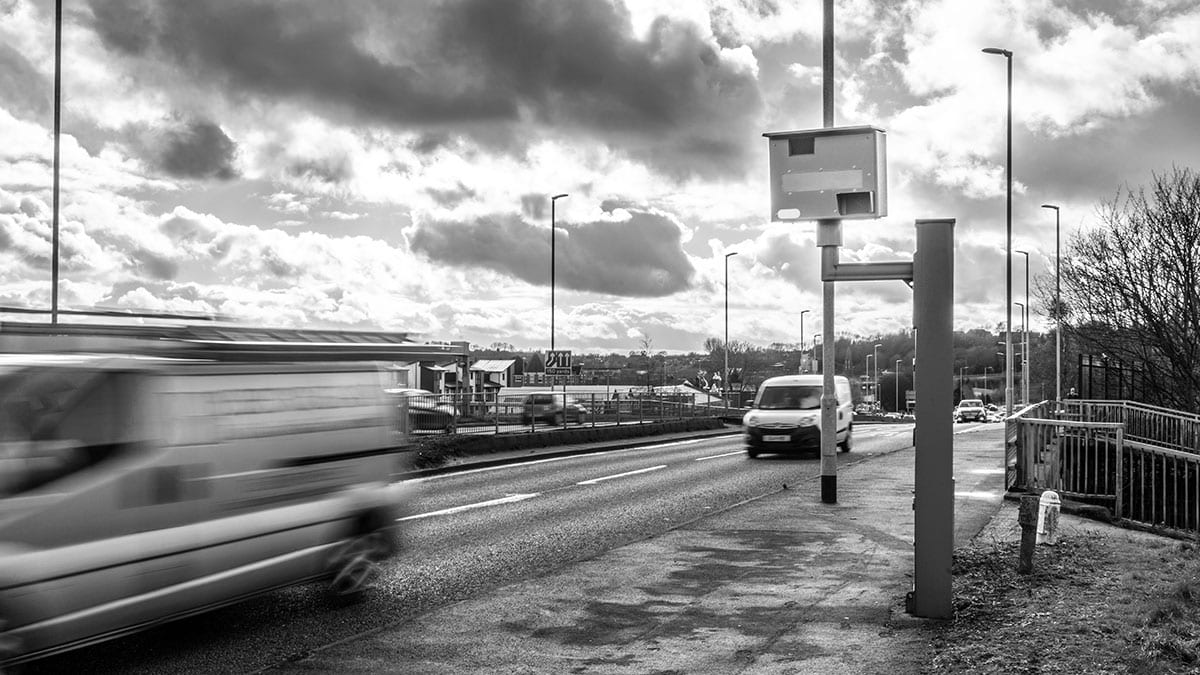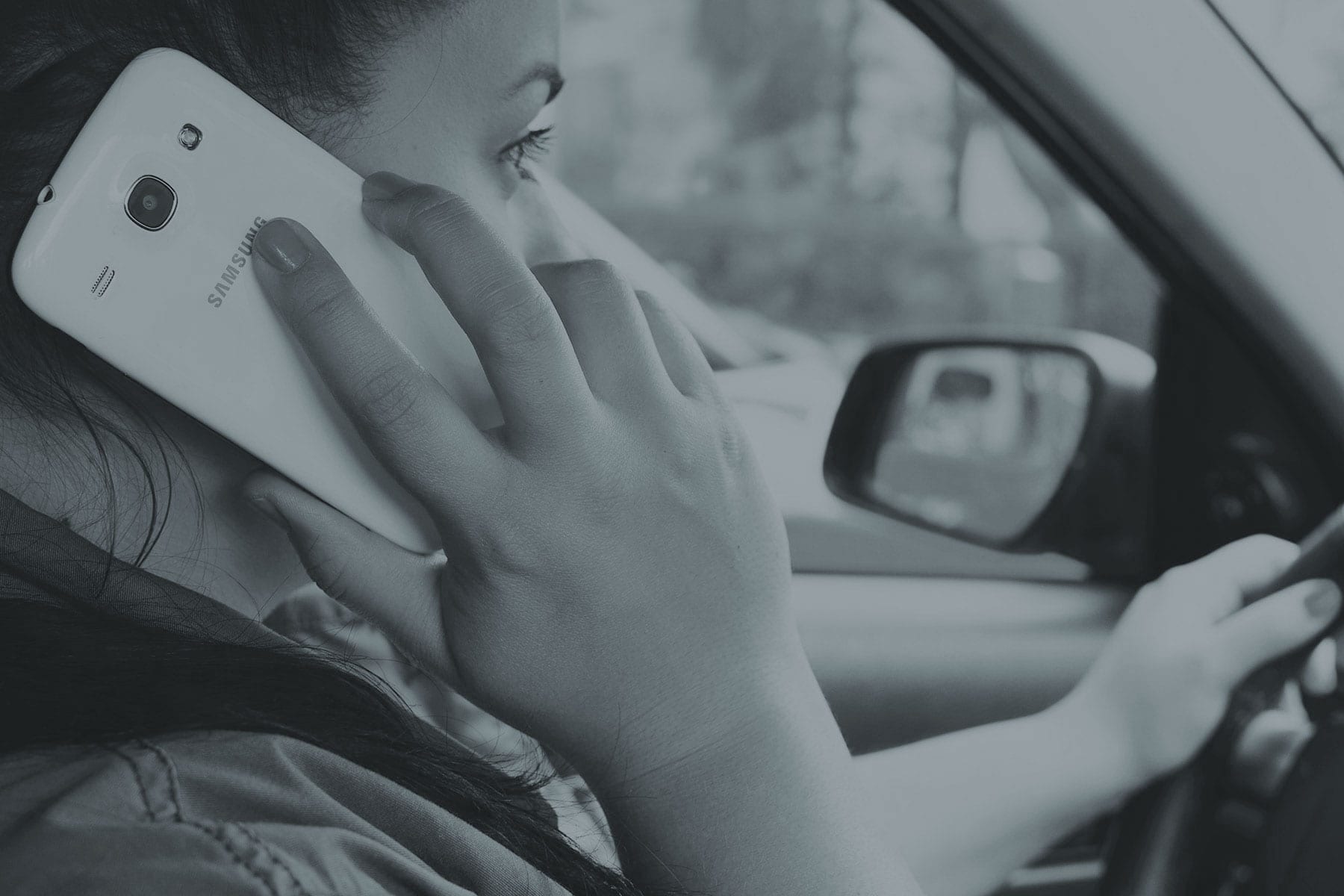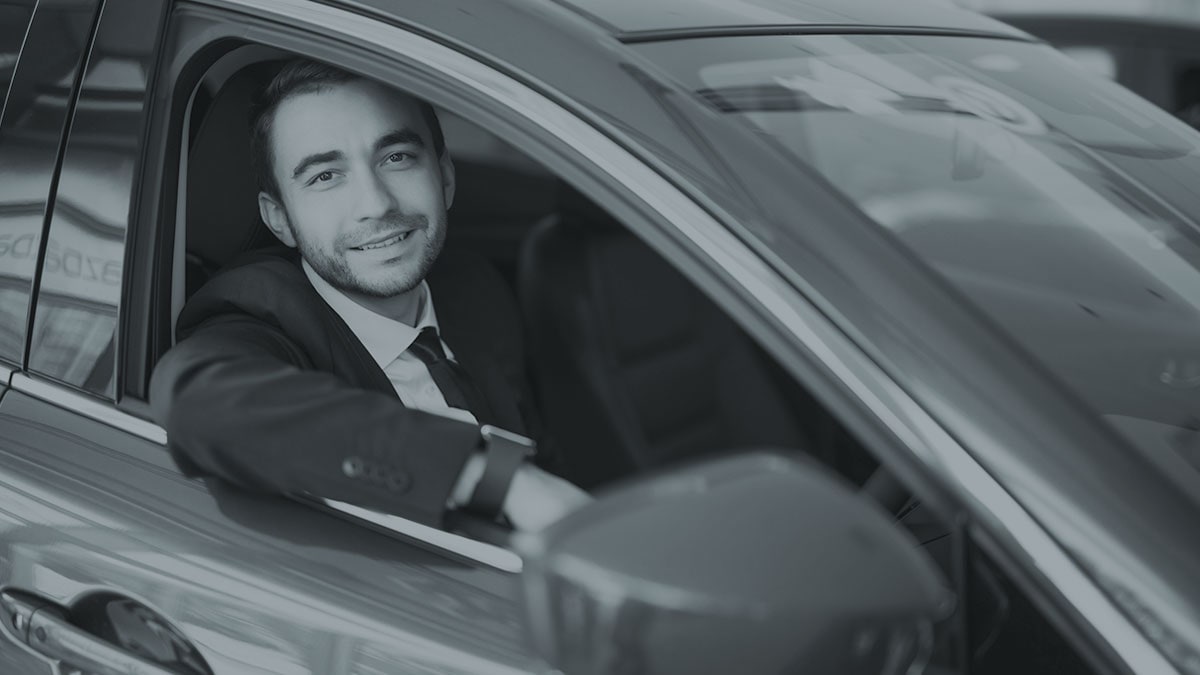In this guide, we aim to set out the main stages in the legal process that you might encounter if you are accused of and prosecuted for a driving offence.
Stage 1 – Road Side Stop
Police do not need a reason to stop you. After stopping you, Police can require you to provide your name and address, your insurance details, your driving licence information and the MOT details for your vehicle.
Stage 2 – Breathalysers
If police have reason to believe you have been drinking or are driving under the influence of drugs, they can require you to take a breathalyser test or other sobriety tests.
Police have to have a reason to enforce a breathalyser test, however there is no definition for what constitutes ‘reasonable suspicion’. In practice it could be anything from red eyes, to incoherent speech, erratic driving, or comments a driver has made about drinking alcohol.
A roadside breathalyser cannot be used as evidence against you, however if the road side test shows that you are over the legal limit police can arrest you and take you to a police station for a second breath test, or urine or blood tests.
Stage 3 – Arrest
If Police have evidence of wrongdoing, such as a positive breathalyser test, they can arrest you and take you to a nearby police station. If you are arrested, police must read you your rights. This will sound something like:
“I am arresting you on suspicion of …..You do not have to say anything, but it may harm your defence if you do not mention when questioned something you later rely on in court. Anything you do say may be given in evidence”.
Read our guide to being arrested which includes more information about your rights whilst in custody and how police might question you. [INSERT LINK]
The most important measure you can take if you are arrested is to contact a solicitor immediately.
Stage 4 – Being charged
After you have been questioned by police, a number of different things could happen.
You may be released without charge if police have insufficient evidence that you have committed an offence.
If Police believe they have sufficient evidence against you, you may be charged and kept in custody. Police may also charge you and release on bail. If this happens, you will be given a date to attend court for the start of your trial.
Police may charge you and release you on conditional bail if they believe that you may commit further offences. These conditions will be designed to restrict your freedom in some way whilst you are on bail. You may need to hand in your passport to police or observe a curfew, for example.
Or finally, police may release you on bail without charge, but continue their investigations against you whilst you are on bail.
Stage 4 – Prosecution
If police believe they have sufficient evidence that you have committed an offence, they will pass the information about your case to the CPS (Crown Prosecution Service) who will decide whether to prosecute you or not.
If they decide to prosecute, your case will then be heard first at a magistrate’s court. Depending on the seriousness of the offence, the case may or may not be passed on to the Crown Court.
Most motoring offences are tried summarily, which means they are heard only by Magistrate’s Court.
Only extremely serious cases, such as those involving death or serious harm might be sent on to the Crown Courts.
Magistrates courts have far lesser sentencing powers. They can typically sentence offenders to up to 12 months in prison. They can also give out fines and community orders and impose driving bans.
Read our guide to the court system in the UK to find out more about what you can expect if your case goes to court. [INSERT LINK]
Stage 4 – Prosecution (Fixed Penalties and NIPs)
As an alternative to the traditional court system, police can, for motoring offences, simply issue a motorist with a fixed penalty notice at the road side. This notice will include a fine and impose some penalty points on the drivers licence. Drivers can pay the fixed penalty or chose to challenge it in court.
Another way in which motorists could be prosecuted is by receiving an Notice of Intended Prosecution (NIP) in the post. This is likely to occur if you have been accused of speeding based on evidence from a speed camera with ANPR (Automatic Number Plate Recognition) technology.
Stage 5 – Verdict
There are three ways in which you case might resolve. You could plead guilty. If you do not dispute the charges, then this is often a good option. It prevents the need for a lengthy and expensive trial and courts can offer more lenient penalties for guilty pleas. Good lawyers will always advise you when a guilty plea is in your best interest.
If you do go to trial, you will either be found guilty or innocent. If you are acquitted that is the end of the matter. If you are found guilty you will be sentenced by the court.
In the UK verdicts require a unanimous decision from all 12 jurors, unless the judge decides they will accept a majority verdict, in which case a defendant can be found guilty or innocent if 10 or more jurors deliver the same verdict.
If the jury cannot deliver either a unanimous or majority decision, the jury is said to be ‘Hung’. The judge will then end the trial without a recorded verdict. In the case of a hung jury, the Crown Prosecution Service will then have to decide if it will seek a retrial.
Stage 6 – Sentencing
If you are found guilty of an offence, the judge will sentence you. Each offence has its own sentencing guidelines which the judge will use to determine the penalties they apply. These guidelines often have minimum and maximum elements. For example, many offences will come with mandatory 12 month driving bans. This means this is the minimum sentence you will receive if you are convicted of the offence. Similarly, fines handed out by magistrates courts sometimes have maximum upper limits, as well as certain ranges determined by the offender’s weekly salary. All sentencing guidelines provides judges with a wide range of options for the penalties they impose. Whether they decide on a lenient or more severe sentence within the range depends on how serious they view the offence to be. Seriousness often depends on a long list of aggravating and mitigating factors. For example, previous good character, remorse and a lack of prior convictions might see a judge impose a lesser sentence, but a driving offence committed whilst driving near a school, or whilst carrying passengers, might see a judge impose a stricter sentence within the sentencing range.
Stage 7 – Appeal
If you disagree with the decision of the court and the sentence you have been given, you will have the right to appeal to the court, or to a higher court.
How the appeals process works depends on the nature of your case. If you pled guilty at trial, you can only appeal your sentence, not your conviction.
Ashman’s Motoring Solicitors
We work with clients at all stages of the legal process, from providing emergency representations at police stations to securing representation for our clients at trial and arranging appeals.
To discuss you case, call us now for a free initial consultation. 03330 096 275.



